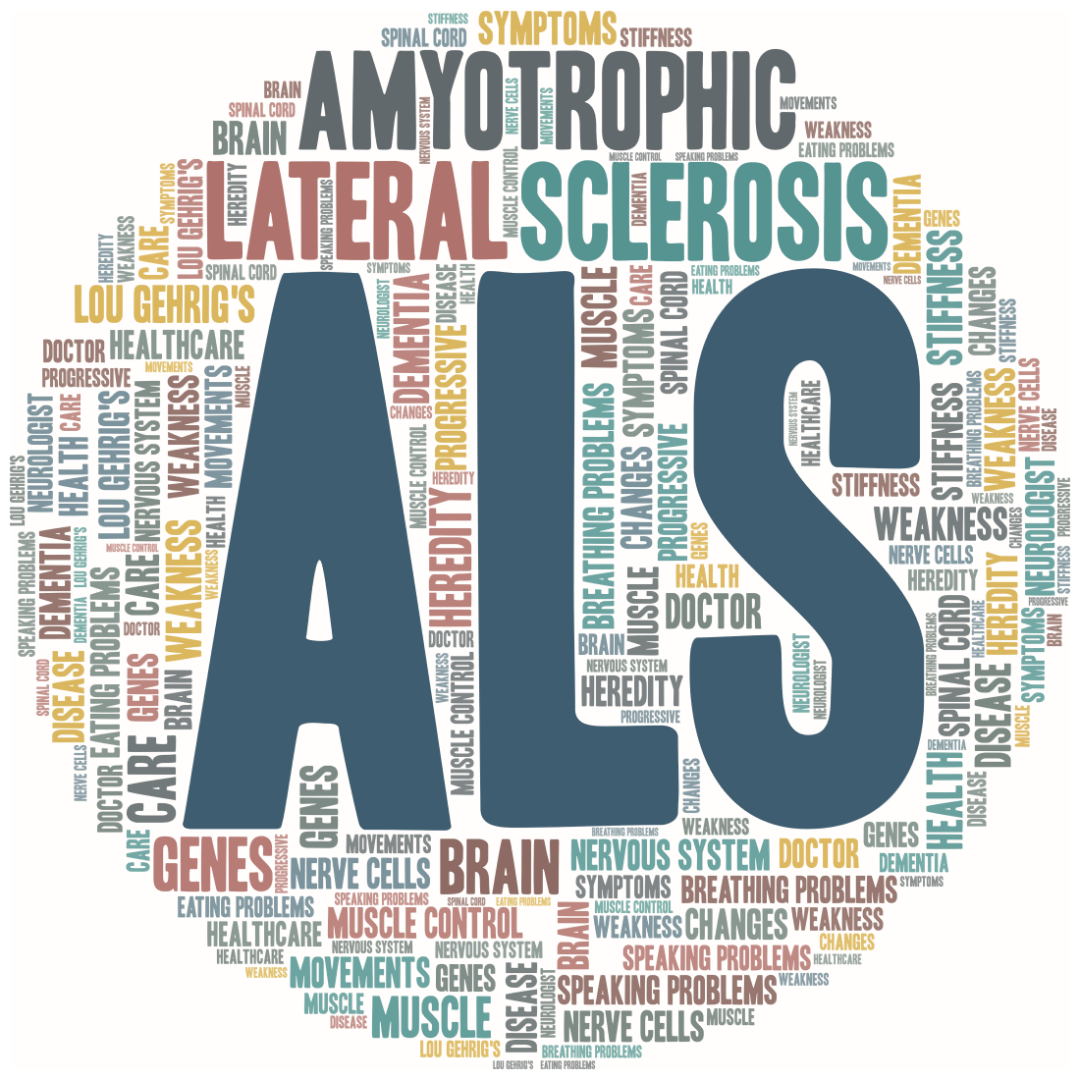
First-of-its-kind technology helps man with ALS ‘speak’ in real time
On Jun. 11, 2025, researchers at the University of California, Davis, announced they have developed an investigational brain-computer interface that holds promise for restoring the ability to hold real-time conversations to people who have lost the ability to speak due to neurological conditions.
In a study published in the scientific journal Nature, the researchers demonstrate how this new technology can instantaneously translate brain activity into voice as a person tries to speak — effectively creating a digital vocal tract with no detectable delay. The system allowed the study participant, who has amyotrophic lateral sclerosis (ALS), to “speak” through a computer with his family in real time, change his intonation and “sing” simple melodies.
The man is enrolled in the BrainGate2 clinical trial at UC Davis Health. His ability to communicate through a computer has been made possible with an investigational brain-computer interface (BCI). It consists of four microelectrode arrays surgically implanted into the region of the brain responsible for producing speech.
These devices record the activity of neurons in the brain and send it to computers that interpret the signals to reconstruct voice.
The brain-computer interface was able to translate the study participant’s neural signals into audible speech played through a speaker very quickly — one-fortieth of a second. This short delay is similar to the delay a person experiences when they speak and hear the sound of their own voice.
The technology also allowed the participant to say new words (words not already known to the system) and to make interjections. He was able to modulate the intonation of his generated computer voice to ask a question or emphasize specific words in a sentence.
The researchers note that although the findings are promising, brain-to-voice neuroprostheses remain in an early phase. A key limitation is that the research was performed with a single participant with ALS. It will be crucial to replicate these results with more participants, including those who have speech loss from other causes, such as stroke.
Tags:
Source: University of California, Davis
Credit:
